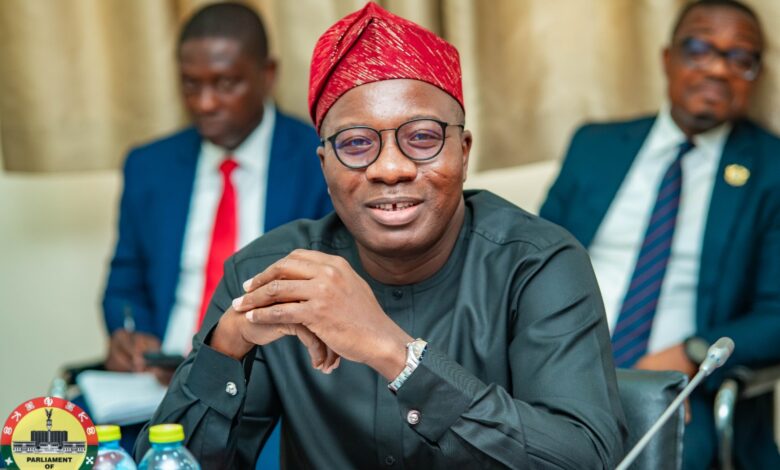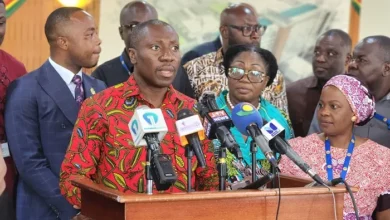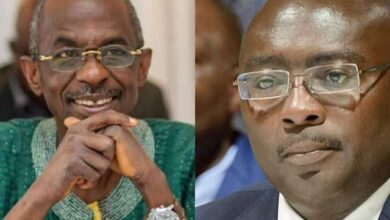
Majority Leader Mahama Ayariga has revealed that the government is set to introduce a detailed set of rules to regulate the removal of justices serving in Ghana’s superior courts, including the Chief Justice.
This announcement comes in the wake of ongoing proceedings against suspended Chief Justice Gertrude Araba Esaaba Torkornoo, who faces possible removal due to allegations of misconduct.
The case has reignited national concerns about the lack of clear procedures and protections in the constitution regarding how high-ranking judges can be removed.
Speaking in Parliament on May 27, during the first session after the recess, Ayariga highlighted the Mahama administration’s legislative agenda. He stressed the government’s commitment to safeguarding judicial independence while establishing fair, transparent accountability measures.
The upcoming legal reforms will introduce comprehensive procedures for removing Supreme Court and other superior court judges to address gaps that have caused confusion and legal battles in recent high-profile cases.
“The Attorney General will also propose several subsidiary laws, including regulations on corporate insolvency, Court of Appeal rules, Economic and Organised Crime Office regulations, amendments to High Court civil procedure, Judicial Service terms, Legal Aid Commission rules, Supreme Court rules, and crucially, the rules governing the removal of Supreme Court justices,” Ayariga detailed.
He emphasized that these new rules would provide much-needed clarity and eliminate the uncertainties that have complicated recent removal efforts.
“President John Dramani Mahama is determined to accelerate legislative reforms to strengthen governance institutions and deepen democracy,” he added.
“The president is fully committed to clear and transparent constitutional procedures for removing superior court justices.”
The Suspension of Chief Justice Torkornoo
Chief Justice Gertrude Torkornoo was suspended on April 22 following a petition alleging misconduct related to her administrative and judicial decisions.
A committee was formed to investigate the claims. Though she denies the allegations, her suspension has sparked intense public debate over the fairness and legality of removing top judges.
Critics maintain that Article 146 of the Constitution lacks sufficient procedural detail and leaves room for political influence.
This ongoing case has exposed these weaknesses, prompting calls from legal experts, civil society, and international observers for reforms.
If enacted, these new rules would mark the most significant reform of judicial accountability since the 1992 Constitution was established.



